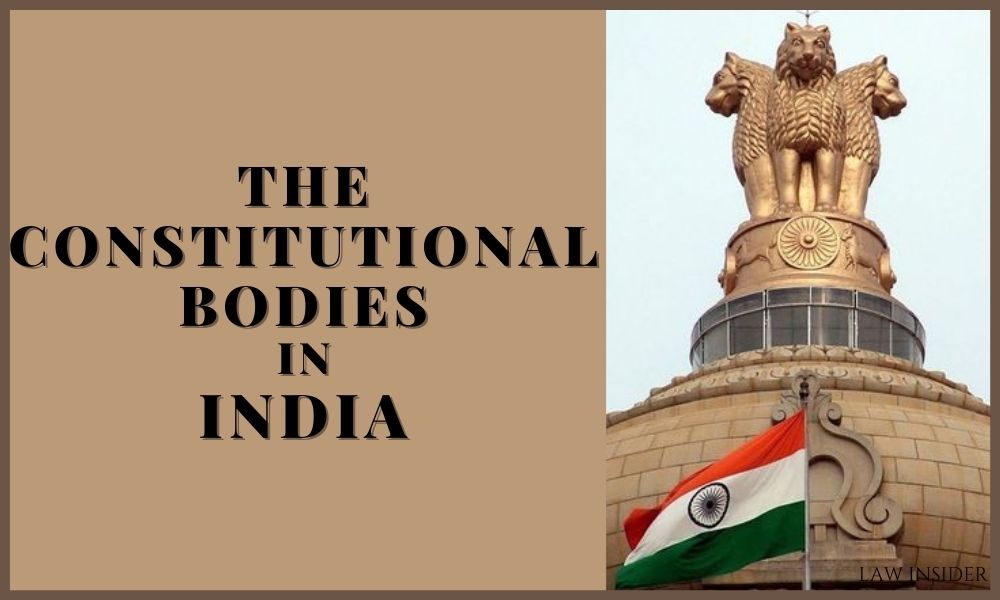
5 Independent Bodies
Independent Bodies :- The Indian constitution not only provides for the legislative, executive and judicial organs of the government (Central and state) but also establishes certain independent bodies. They are envisaged by the Constitution as the bulwarks of the democratic system of Government in India. These are:
Election Commission to ensure free and fair elections to the Parliament, the state legislatures, the office of president of India and the office of vice-president of India.
Comptroller and Auditor-General of India to adult the accounts of the Central and state governments. He acts as the guardian of the public purse and comments on the legality and propriety of government expenditure.
Union Public Service Commission to conduct examinations for recruitment to all-India services and higher Central services and to advise the president on disciplinary matters.
State Public Service Commission in every state to conduct examinations for recruitment to state services and to advise the governor on disciplinary matters.
6 Emergency Provisions
Emergency Provisions :- The Indian Constitution contains elaborate emergency provisions to enable the President to meet any extraordinary situation effectively. The rationality behind the incorporation of these provisions is to safeguard the sovereignty, unity, integrity and security of the country, the democratic political system and the Constitution.
The Constitution envisages three types of emergencies, namely:
National emergency on the ground of war or external aggression or armed rebellion (Article 352);
State emergency (President's Rule) on the ground of failure of Constitutional machinery in the states (Article 356) or failure to comply with the directions of the Center (Article 365); and
Financial emergency on the ground of threat to the financial stability or credit of India (Article 360).
During an emergency, the Central Government becomes all-powerful and the states go into total control of the centre. It converts the federal structure into the unitary one without a formal amendment of the Constitution. This kind of transformation of the political system from federal (during normal times) to unitary (during emergency) is a unique feature of the Indian Constitution.
7 Three-tier Government
Three-tier Government :- Originally, the Indian Constitution, like many other federal constitutions, provided for a dual polity and contained provisions with regard to the organisation and powers of the Center and the States.
Later, the 73rd and 74th Constitutional Amendment Acts (1991) added a third-tier of government (i.e. local) which is not found in any other Constitutional of the world.
The three tiers of governance are:
Central Government.
State Government.
Panchayati Raj or Municipalities.
The 73rd Amendment Act of 1992 gave constitutional recognition to the panchayats (rural local governments) by adding a new Part IX and a new Schedule 11 to the Constitution. Similarly, the 74th Amendment Act of 1992 gave constitutional recognition to the municipalities (urban local governments) by adding a new Part IX-A and a new Schedule 12 to the Constitution.
